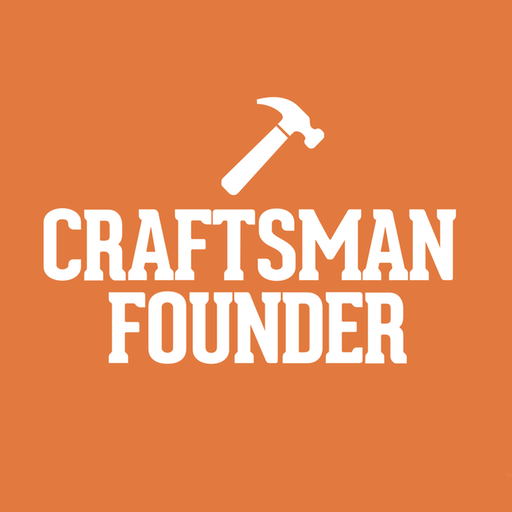Can You Sign an NDA Before We Talk?
Dear Lucas…
I’m self-funding a startup right now, it’s my first company and I would like to get all the advice and help I can!
I’ve read a lot of conflicting advice on pitching style, but it seems that while most of them advocate the use of well chosen analogies some of them put more emphasis on differentiating and boiling the idea down to the essence (i.e. a one-sentence or elevator pitch).
I doubt either of these viewpoints is entirely correct and there’s probably no reason they couldn’t both be effective if executed well. I personally find analogies to be a bit cliché and unimpressive compared to a well phrased, simple and direct explanation.
I want to share more information about my company, but I’m cautious about sharing information with the right kind of people and I’d be more comfortable sending the slides during or after our Skype chat so that we can get to know each other a bit better; forgive the caution but I don’t want to give away any secrets until we feel comfortable working together. I could send an NDA but instead I think it would be better to do it less formally through direct conversation.
—Cautious Founder
Dear Cautious Founder,
I raised about $10M with the description: Heroku for PHP. Pitching has very little to do with style, it has everything to do with building relationships with people. VCs don’t invest in companies… people invest in people. Your pitch is only an extension of yourself.
Regarding “caution” and NDAs: I am happy to wait for you to feel comfortable sharing your idea with me, but your idea is worthless. It is all about execution. I could tell you about ideas I have had for secure email, or a news-as-inbox service, or dropbox for app developers, or crowd sourced security audits… but those are my passions, not yours. If they were your passions, your startup would be about one of those things already and it wouldn’t matter that I shared the idea because you would have already done it anyhow.
Ideas have almost no intrinsic value. Execution has all the value. You give yourself too much importance to think anyone is interested in stealing your idea, and if they are, all the better. Good competition can push you to succeed in a big way, you need the motivation. The better your competition, the better you push yourself to be. Look at Gates and Jobs, PlayStation v Xbox, Chrome v Firefox v IE, etc. etc.
One of the luckiest things you could happen to you at this early stage of your company is to find an opponent worthy of stealing your idea and give it to him wrapped in a bow. Ideas don’t thrive by keeping them secret and in a secure little lock box. That’s like trying to grow a plant without light.
You are very wrong to think that “people that aren’t on your side” are the things you need to look out for. The list of things you need to look out for is a long one, but “nefarious unscrupulous idea thieves” don’t even make the top 1,000 things you need to look out for. You are making up a boogie man and shooting yourself in the foot in the process. Good ideas are a dime a dozen. Bad ideas are even cheaper. None of the ideas matter.
Richard Branson’s idea was to start a record shop. What makes him different than the record shop owner that never did anything more than his independent whole in the wall? Was it a great proprietary idea that Richard kept to himself? No. It was execution. Read biographies of people you respect who have done this before, it is never the idea that makes the man.
—Lucas
About the Author
Lucas Carlson
Lucas Carlson is a hands-on consultant, author and entrepreneur. He helps founders discover opportunities for growth, both for their companies and for themselves. He was the CEO and founder of AppFog, a popular startup acquired in 2013 after signing up over 100,000 developers and raising nearly $10M in venture funding from top angels and VCs.
